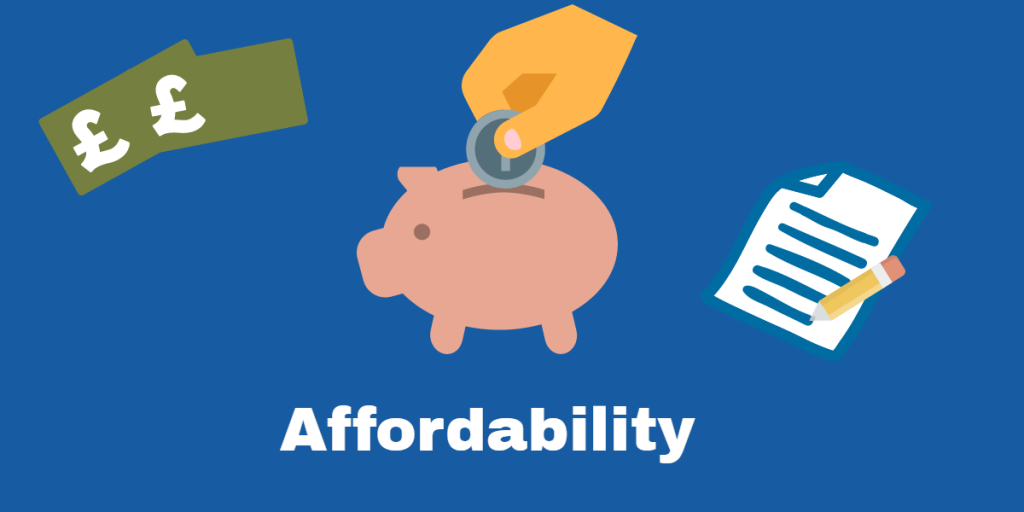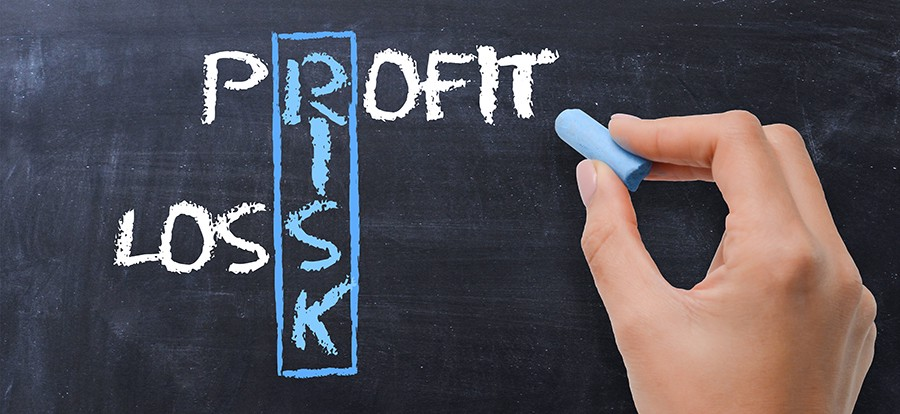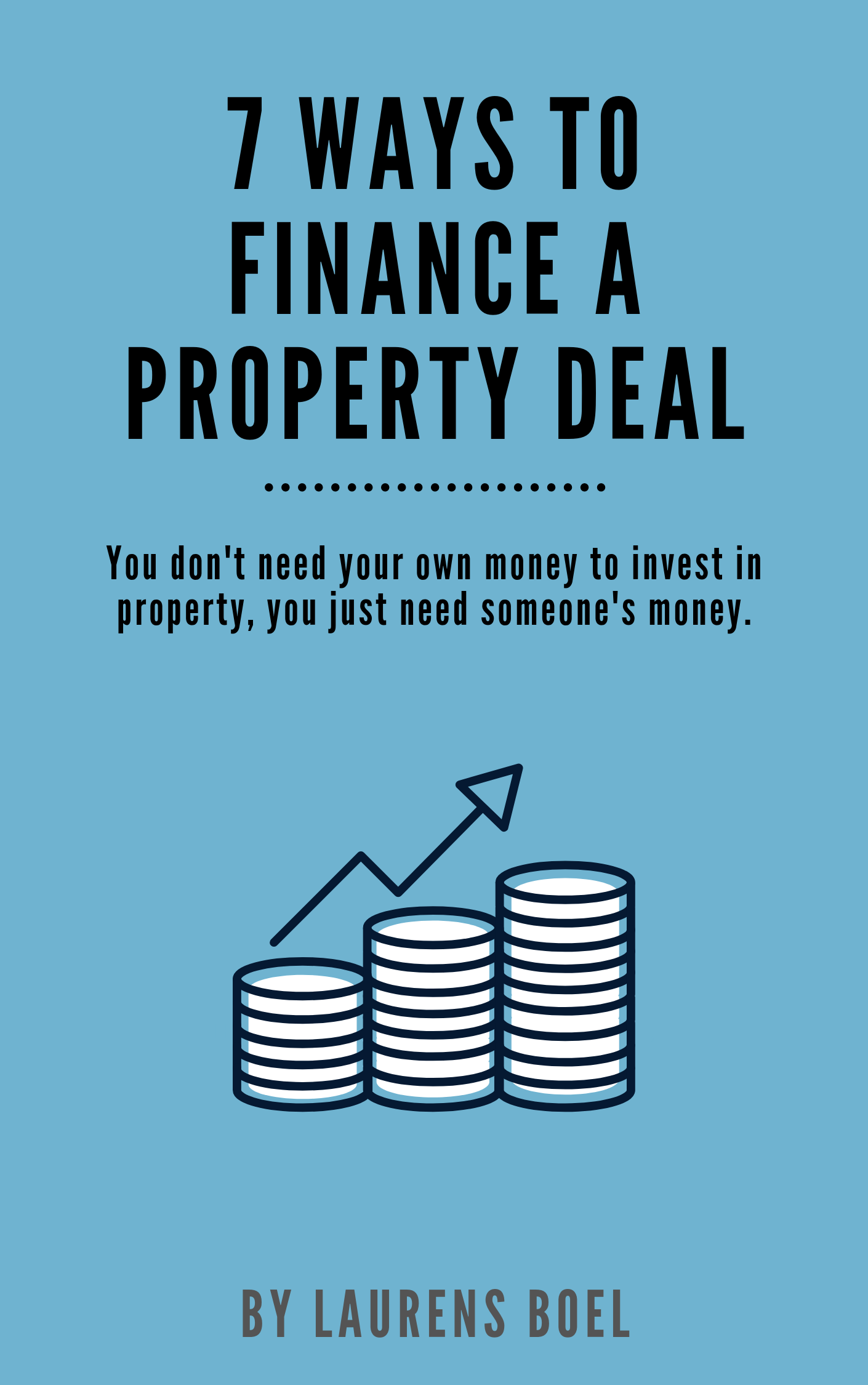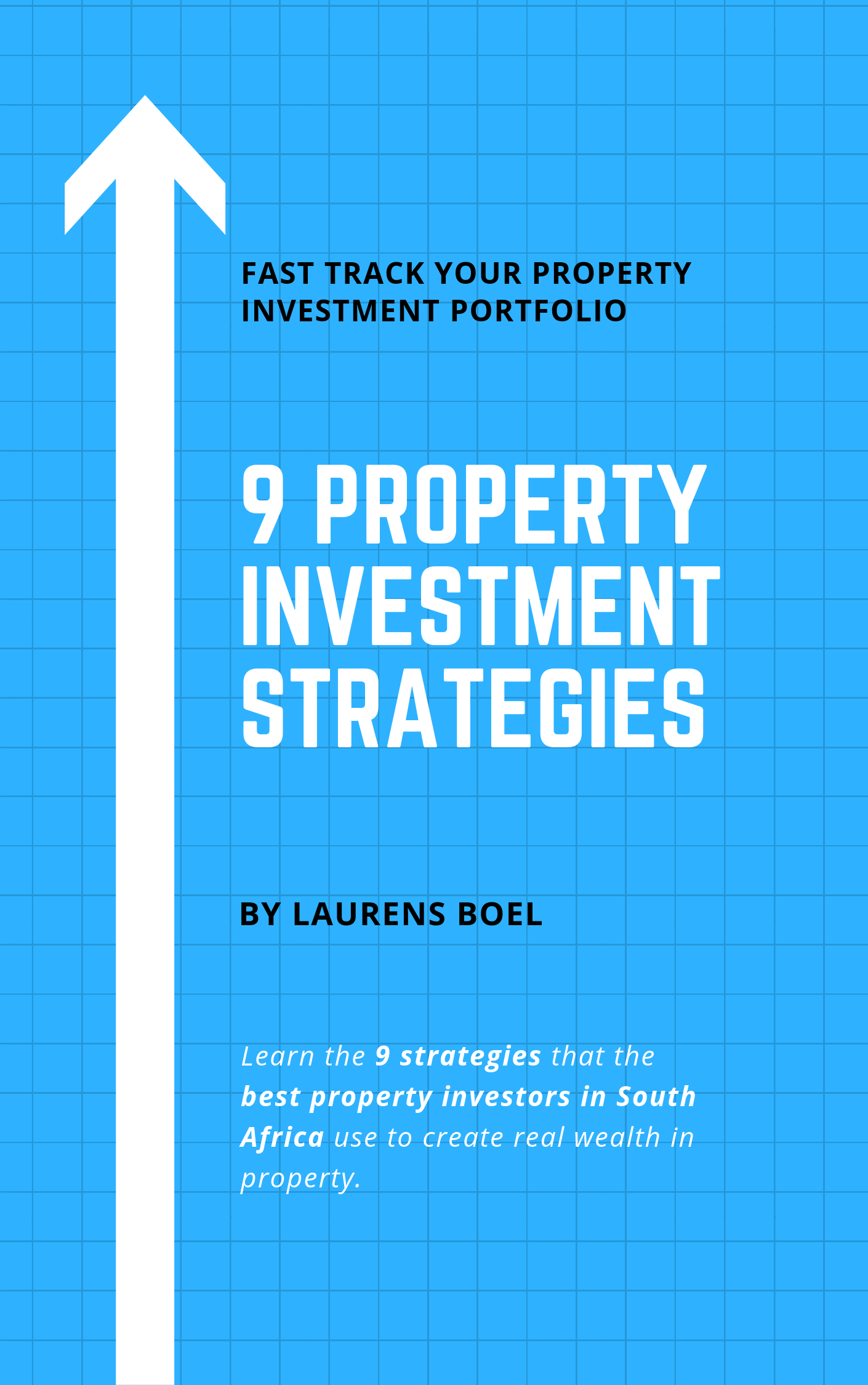The great thing about property as an investment class is that you have a non-movable asset to loan against, which means banks and investors tend to lend against them. It’s a safe asset for the banks because if you default, they can reclaim the investment (i.e. repossess it) and recover their capital.
When the banks and investors look at loaning you money, they will assess three criteria, namely; credit score, affordability and financial validity of the property investment deal. In this article, we are going to unpack each in detail.
Credit Score

Before the banks will considering a loan to you, they need to ensure that your credit score is good. You can easily determine your credit score from clearscore.com.
If your credit score is low, don’t even bother approaching the bank, because that is a red flag, regardless of your income or validity of the deal. If your credit score is low, your priority should be to fix it before asking for money.
The best way to do this is to use a service like Clearscore (or a competing service provider) and get an understanding of your bad spending habits. Perhaps you have an outstanding credit card payment with Woolworths, or you missed a home loan repayment, or you have been blacklisted by a previous landlord. Whatever the transgression is, don’t worry too much, just resolve it as soon as possible.
Pay off Woolworths, call your home loan representative or phone your previous landlord and resolve the outstanding issues. Once they remove you off the blacklisting, you can begin increasing your creditworthiness.
The best advice I can give is first resolve any red flags in terms of bad payments and then use your credit card for every day to day purchases. Why? When you use your credit card and repay it within the same month, you are showing the bank that you can handle credit.
When you go shopping, use your credit card. When you get back home, take money from your cheque account and repay your credit card. It’s not about using credit to buy things you don’t need, but rather use your credit card to purchase everyday items and show the bank you know how to handle credit.
It will go ensure that your credit score rises. Eventually, when your credit score is positive, you can begin the process of applying for credit and accessing the banks money.
Affordability

The banks want to see that you have a big enough salary to pay off the loan. The usually require at least a third of your salary to go to the loan repayment.
Therefore, if you are earning R30k per month, the banks will allocate +/- R10k towards your loan repayment, meaning that you could qualify for roughly R1m in financing. How do you increase this?
- You can work harder, smarter and better than everyone around you and get a promotion
- Reduce your monthly expenses and only buy what is needed
- Increase your cash flow by using the cash flow quadrant
Traditional property investment philosophy tells us that we must buy a property, hold it for 10 years and eventually the rent will cover the bond. This is very backward thinking as essentially over the 10 year period, you are becoming poorer, not richer.
Let’s imagine that you buy a property for R1m. The bond repayments are R10k per month and your additional expenses total to R5k (rates and taxes, levies, maintenance…). Assume you only receive R12k rental, this means you are losing R3k per month, which means your monthly salary (i.e. affordability) is reduced by R3k.
Instead, imagine that you subdivide the rooms and rent the property out as a student accommodation. The rental you achieve now is R20k. Instead of losing R3k per month, you’re adding R5k of income to your salary. You can now go to the bank and request more funding, because you can justify that your salary is bigger.
Affordability is about increasing your income, while reducing your expenses. Make sure that you are buying assets, not liabilities… which leads to the most important thing you need to master, effective deal analysis.
Financial viability of the property

The big question; is it a good deal or not?
This is a question that plagues many investors. Most beginner investors burn their fingers, because they use the buy and pray strategy; they buy the first thing they see and pray that it will work out.
The good news is there is a science to analysing a property investment. You don’t need to hope and pray, but instead, you can make an informed decision.
We at My Property App have built a tool that enables investors to analyse deals with more confidence and certainty.
Watch: how My Property App can help you analyse deals and replace your income
There is a lot of money out there, you just need to become good at accessing it. In order to access bank and private finance, you need to ensure your credit score is healthy, your affordability is solid and finally, that the deal makes financial sense.
Until next time, happy investing.


